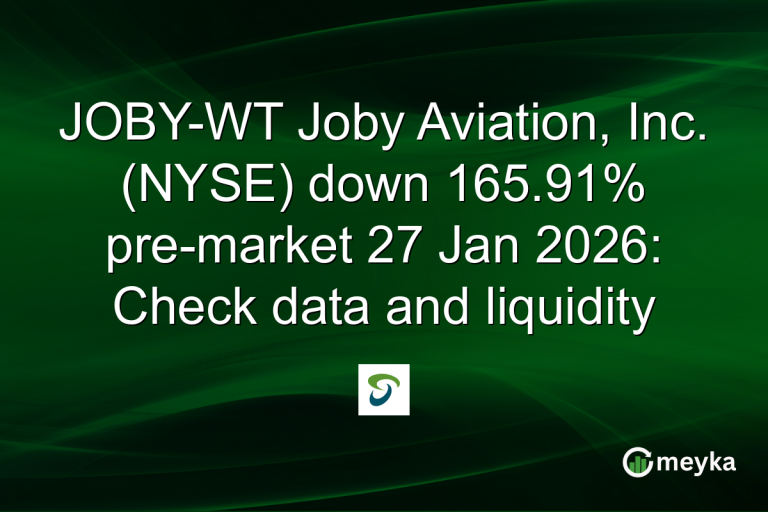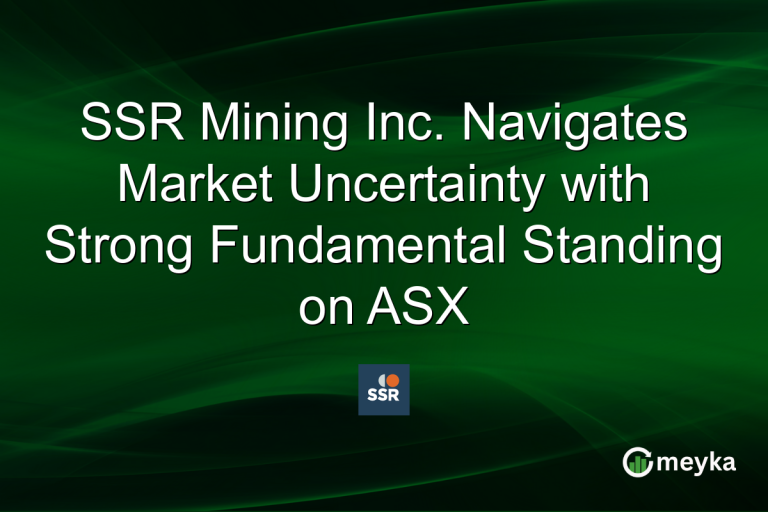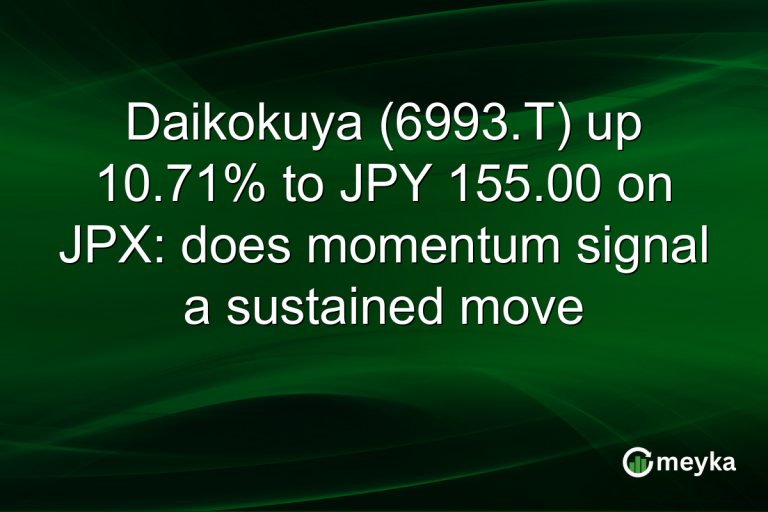SPCE News Today: Virgin Galactic Plunges as Space Tourism Faces Major Challenges
Virgin Galactic (SPCE) stock took a significant hit today, dropping to $3.42, as investors reacted to ongoing challenges in the space tourism industry. With concerns mounting over Virgin Galactic’s commercial spaceflight program and a weak earnings forecast, questions about the viability and future of space tourism as a business sector are intensifying. This decline not only highlights Virgin Galactic’s current struggles but also reflects broader uncertainty in the maturing space ventures market.
Current State of Virgin Galactic and Space Tourism
Virgin Galactic has been at the forefront of the space tourism industry, promising an era where commercial human spaceflight becomes a norm. However, investors are now grappling with the harsh realities of this pioneering field. The stock’s plunge today to $3.42 underscores the mounting pressures. This static price, amid a broader market movement, raises concerns over consumer interest and profitability.
Despite hitting a day high of $3.56, expectations remain grim. Their market capitalization is struggling at approximately $201 million. The upcoming earnings announcement on November 5, 2025, is eagerly anticipated, with hopes for some positive indications. Unfortunately, Virgin Galactic’s challenges signal broader issues in the space tourism sector, where costs, technology, and a viable commercial model remain major hurdles.
Weak Earnings and Investor Anxiety
Virgin Galactic’s earnings outlook worsens with heavy losses. EPS stands at -8.2, and the P/E ratio at a negative -0.43 shows how profitability seems far-fetched. Analysts have no “Buy” or “Hold” recommendations, issuing a “Sell” warning instead.
Adding to the anxious sentiment, Virgin Galactic faces an analyst consensus price target of $5.67, significantly higher than the current trading levels. Despite the space industry showing growth potential, Virgin Galactic’s situation reflects symptoms of broader investor apprehension, fueled by disappointing financials and a lack of clear pathways to profitability.
Space Industry Trends and Future Outlook
Globally, the space tourism market is anticipated to surpass $3 billion by 2030, but companies like Virgin Galactic are facing immediate hiccups. Their financial ratios reveal vulnerability, with significant disparities in growth and profitability.
The space industry requires substantial investments in technology and infrastructure, posing risks yet offering potential for long-term rewards. Investors keen on space tourism stocks look for resilience in overcoming challenges and driving innovation, which currently appears lacking in Virgin Galactic. Reports on Reddit express doubts: Are space stocks sustainable long-term? Trends favor established aerospace players over speculative ventures at this time.
Final Thoughts
Virgin Galactic’s recent stock plunge exemplifies the trials facing space tourism pioneers. While the dream of space travel remains compelling, the financials tell a different story. The lack of progress and profitability can deter investors seeking quick returns, despite the industry’s vast potential.
Virgin Galactic’s upcoming earnings report will be pivotal. Clarity on commercial viability and technological advancements could sway market sentiment. Yet, until profitability aligns with promises, caution is advised. Meyka provides real-time insights to navigate such volatility, essential for informed investment decisions.
For now, investors should remain circumspect while keeping an eye on broader industry movements, technological innovations, and Virgin Galactic’s strategic responses to its current standings.
FAQs
Virgin Galactic’s stock fell due to concerns over its commercial spaceflight program’s viability and weak earnings outlook. These factors combined have fueled investor anxiety, reflecting broader challenges within the space tourism sector.
Virgin Galactic is facing significant financial challenges with an EPS of -8.2 and a negative P/E ratio, indicating ongoing profitability issues. Their market cap stands at around $201 million, with analysts issuing a “Sell” recommendation.
Space tourism is anticipated to grow significantly, with expectations of reaching over $3 billion by 2030. However, immediate hurdles, including high costs and uncertain commercial viability, present challenges for current players like Virgin Galactic.
Disclaimer:
This is for information only, not financial advice. Always do your research.






